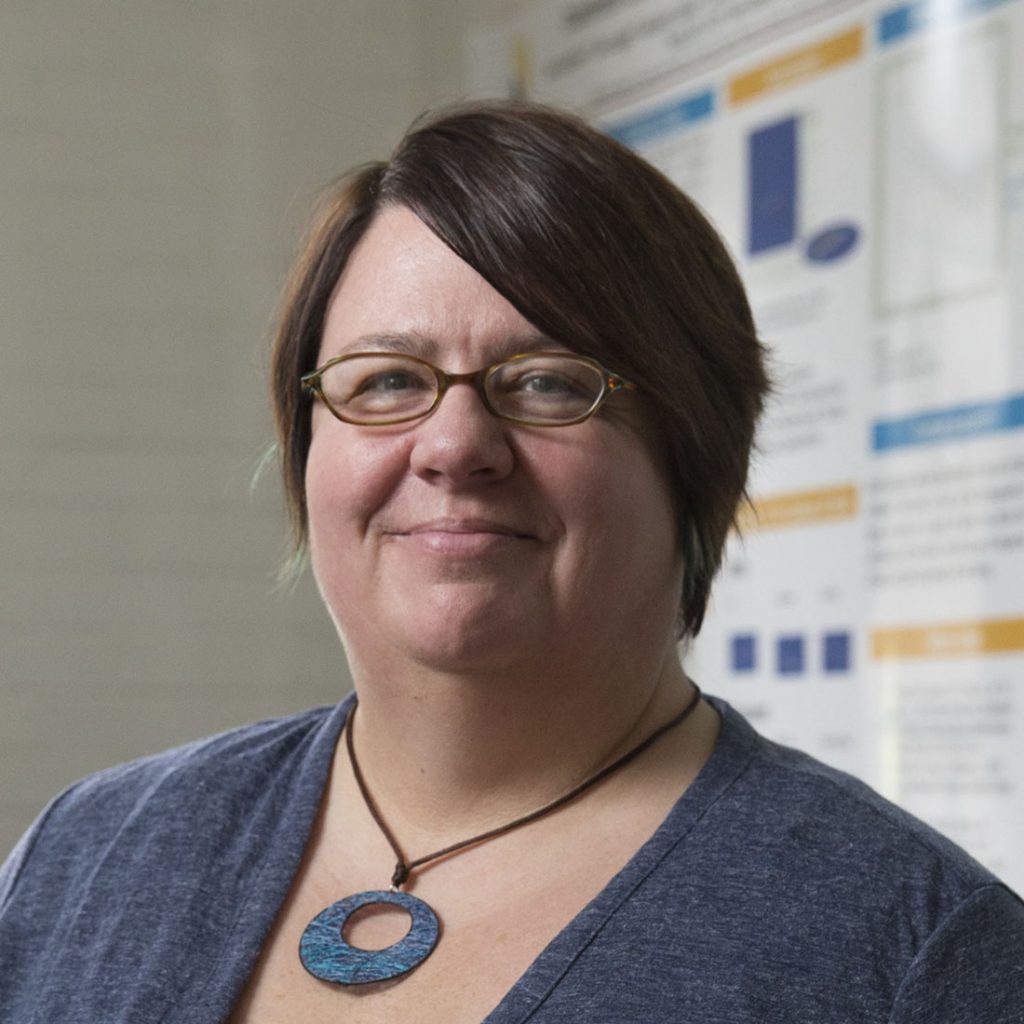PHYS 1105L - Introductory Physics I Lab
Course Description
Laboratory work and experiments related to topics studied in Physics 1105.
Lab Topics
- Intro and Statistics
- Motion
- Measure g
- Projectile Motion
- Vector Addition
- Newton’s Laws
- Centripetal Force
- Friction Formal
- Hooke’s Law
- Conservation of p&E
Course Materials
Textbook: OpenStax College Physics https://openstax.org/details/books/college-physics
Dates:
Fall A: Aug 22 – Oct 11, 2024
Spring A: Jan 16 – Mar 7, 2025
Summer A: May 27 – Jul 2, 2025
Department: Physics
Course: PHYS 1105L
Credit Hours: 1
Corequisites:
Physics 1105, 1106 or equivalent.
Satisfies:
NS Natural Sciences requirement
IID Laboratory Science requirement
(when taken with corresponding lab course PHYS 1105)
The above requirements are from the Randolph College general education program. Check with your home institution to see if this course fulfills your requirements.
Tuition & Fees:
$750 tuition
$75 laboratory fee
Textbooks and other course materials can be purchased separately from the source of your choosing.
Your Instructor

Katrin SchenkAssociate Professor of Physics
B.S., University of California at Los Angeles; M.S., Ph.D., Cornell University
Katrin has a Ph.D. in theoretical physics from Cornell University and now does computational neuroscience/ethology research. She received her training in computational neuroscience during her tenure as a Sloan-Swartz Postdoctoral Fellow in Computational Neuroscience at the University of California, San Francisco.
Her research is focused on understanding the underlying dynamics of animal behavior and how knowledge of these dynamics can inform us about the effects of disease processes and environmental and/or genetic perturbations. Her research makes use of real behavioral data taken by collaborators in the fields of psychiatry, physiology, neurology, neuroscience and medicine and her main plans involve long term collaborations with experimentalists in the fields of geriatrics, psychiatry, and physiology.
She came to Randolph College because she is passionate about involving undergraduates in original research and because Randolph College’s high faculty to student ratio, flexible administration, and committed science faculty make it an ideal environment for fostering collaborations with undergraduates.